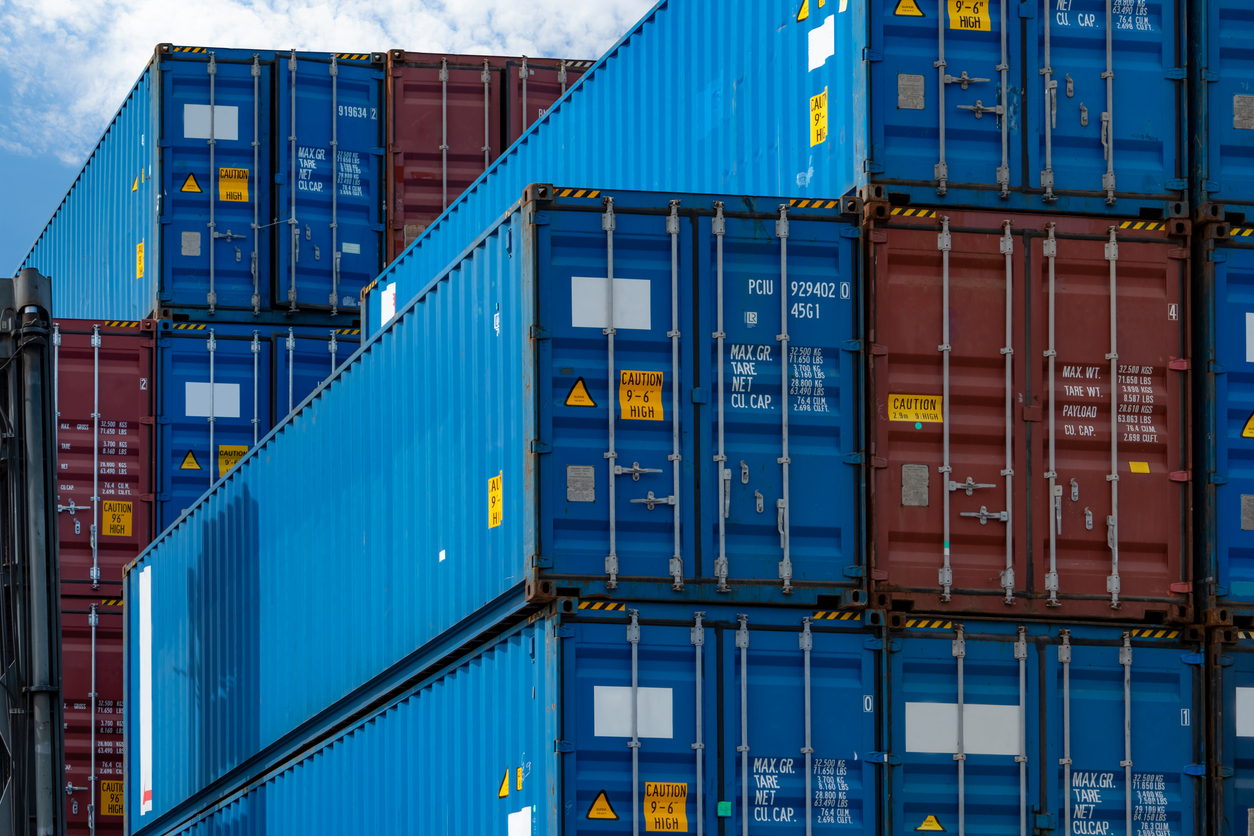Goods imported into the United States are taxed according to the Harmonized Tariff Schedule of the United States, known as the “HTS” or “HTSUS,” which is essentially a catalog of all goods exchanged in international trade. The HTS sets forth categories called “HTS codes”—sometimes referred to as “HTS numbers”, “HTS classifications” or “HTS subheadings”—as well as the customs duty or “HTS tariff” rates which apply to each.
In entering goods through customs, importers are required to include a description of the goods they are importing—and to certify the applicable HTS classifications and duty rates—on their customs declarations.

What is Import-Misclassification Fraud?
Import-misclassification fraud is the practice of giving false descriptions of the products being imported and/or listing the wrong HTS codes for those products to circumvent applicable customs duties. It can result in the importer getting away with fraudulently paying significantly lower customs duty rates—or even receiving duty-free treatment—for its imports.
Misclassification of Imports & Antidumping/Countervailing Duties (AD/CVDs)
Import-misclassification fraud is often used by importers to evade antidumping and countervailing duties. Known as AD/CVDs, antidumping and countervailing duties are additional import duties imposed by the U.S. Department of Commerce. They are meant to protect domestic manufacturers and industries from unfair trade practices being perpetrated by foreign exporters and producers or foreign governments.
AD/CVD rates can be significantly higher than regular customs duties, adding hundreds of percent or more to an importer’s total import-duty obligations. Importers with products subject to high AD/CVDs have a tremendous incentive to try to fraudulently circumvent those duties by falsely describing or misclassifying their imports, passing them off to U.S. Customs and Border Protection (CBP) as goods subject to lower duty rates or none whatsoever.
How to Become an Import-Misclassification Whistleblower
If you know of parties evading customs duties by misclassifying or giving false descriptions of the products they are importing, you can report it to the U.S. government by filing a qui tam lawsuit under the False Claims Act. Qui tam whistleblowers are generally entitled to whistleblower rewards of 15%-30% of the government’s recovery, which can be large given the False Claims Act allows for the recovery of trebled (three times) damages against violators, plus penalties.
Reach out to customs-fraud whistleblower attorney Mark A. Strauss, who has extensive experience fighting import-duty evasion and has recovered millions of dollars against importers committing customs fraud.
Fraud is their game.
Integrity is yours.
Free Consultation
No Fee Unless We Win!
Call or Text Now

Published By
Attorney Mark A. Strauss
Mark is a battle-hardened and tenacious anti-fraud attorney with more than twenty years of experience in complex civil litigation. He has represented qui tam whistleblowers under the False Claims Act as well as victims of fraud under the federal securities laws and the Racketeer Influenced and Corrupt Organizations Act (RICO). His efforts have resulted in the recovery of hundreds of millions of dollars for clients.
Practices
Whistleblower Practices
- False Claims Act Whistleblower Lawsuits
- Customs Fraud
- COVID-19 Relief Fraud
- Healthcare Fraud
- Government Contracting & Procurement Fraud
- Grant Fraud
- Federal Credit Assistance Fraud
- Securities Law Violations & the SEC Whistleblower Program
- Tax Fraud & the IRS and New York State Whistleblower Programs
- State False Claims Acts